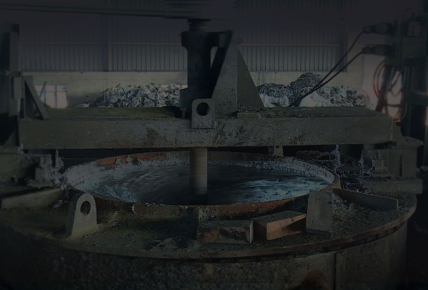Every industry is now moving towards automation, as it has become a necessity for many for efficient operations. The automation lies in Programmable Logic Controllers (PLCs), which are essential for controlling machinery and processes across various industries. As a business owner or a manager of operations, you should always want your team to be proficient in PLCs. Making them capable of doing their jobs is not just a technical necessity but a strategic investment in your organization’s future. You should invest in PLC training to equip your workforce with the skills needed to maintain, troubleshoot, and optimize automated systems.
Here are the four reasons why you should prioritize PLC training for your team.
1. PLC Training Enhances Technical Proficiency
When you opt for proper plc training courses for your team, it provides them with a comprehensive understanding of PLC systems, which includes programming, troubleshooting, and maintenance. This technical proficiency is essential for industries, especially those involving manufacturing, automotive, and energy, where automation is integral to operations. When you have a team that is well-equipped with the skills in PLC efficiencies, they can efficiently manage and optimize automated processes, which can lead to improved performance and reduced downtime.
2. Reduced Machine Downtime and Faster Troubleshooting
In most industries whose operations run on automation, when they have any issue within the system, they have to face operational disruptions. Sometimes, machine failures happen, lasting for several hours. This downtime increases more when you don’t have an in-house team skilled in PLCs. However, technicians skilled in PLCs make sure that issues are immediately identified and resolved, which can minimize the overall downtime of the faulty machines. When you have this type of immediate response capability, it can reduce your reliance on external specialists. This can lead to cost savings and uninterrupted production schedules. That’s why PLC training is essential for your team to have better problem-handling.
3. Improved Production Efficiency and Quality Assurance
It is not only the troubleshooting and issue resolution that PLC training can bring to your team, but it can also improve overall production efficiency and quality control. When you have a well-trained team, they can optimize the PLC programming for better efficiency. They can enhance cycle times, energy efficiency, and production consistency, which means they can improve the real-time process adjustments to improve production. It’s because most of the PLC training covers PID (Proportional-Integral-Derivative) control, motion control, and data logging, which usually enables engineers to make sure automation processes are correctly tuned for higher efficiency.
4. Enhanced Workplace Safety
Sometimes, when your automated system’s plc programming can be faulty, it can lead to hazardous situations, such as machinery malfunctions or electrical failures. This can cause a system breakdown, which ultimately reduces your production. If you have trained your team for PLC programming, then they can understand safety protocols, risk assessment, and how to program fail-safes into automated systems. Because of the training, they can also learn to integrate emergency stop controls and sensor-based safety loops, which are essential to prevent accidents in the workplace.









